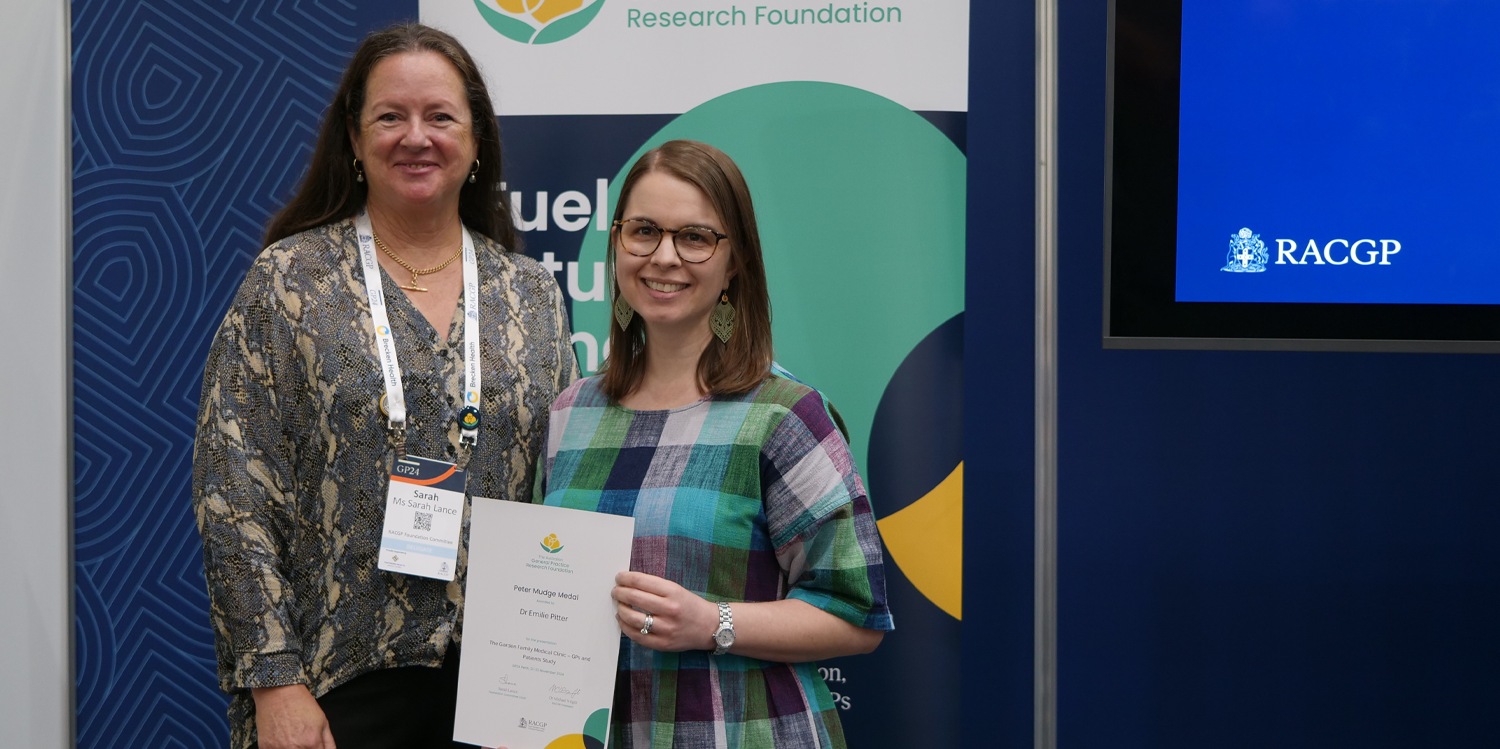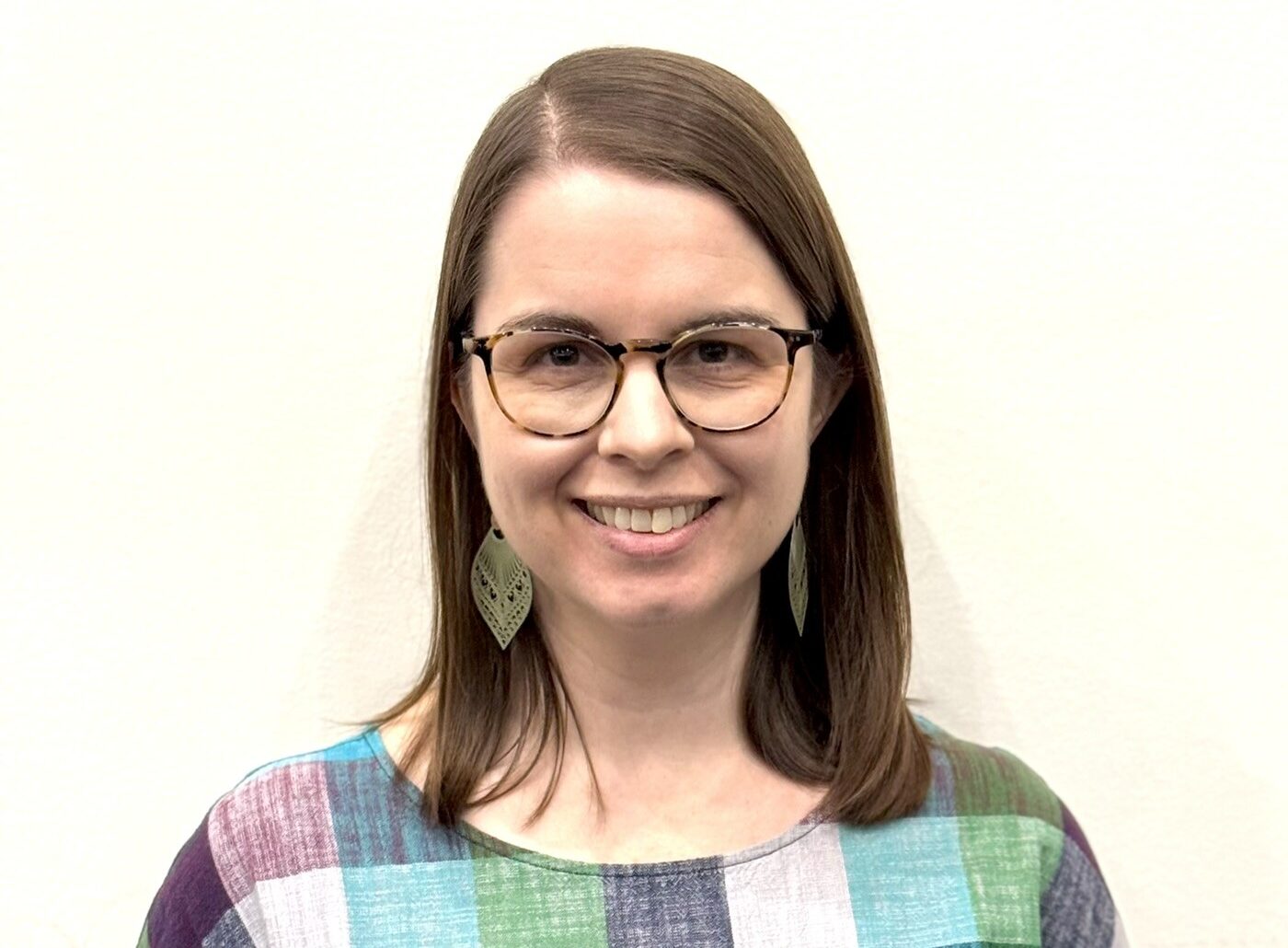The decision to change the way a GP clinic operates, or the services offered, are not made lightly.
Not only are there financial implications, but it is important to know that by doing things differently the needs of patients will be met better.
Murdoch-based GP Emilie Pitter is confident in the recent changes made at her workplace, Garden Family Medical Clinics. This is because she had data to back them up.
In 2023 she began planning for a data collection initiative at her clinic and its sister clinic in Piara Waters.
“The idea came because we thought we’d like to better understand what conditions and presentations our patients are coming with, and more about who our patients were in terms of their demographics and what they were presenting with,” she told Medical Forum.
She was provided ethics approval from the RACGP ethics committee for the project, which saw de-identified details about patients and the conditions they were presenting with collected and analysed.
Patients who booked to see a GP at the clinics during the week data collection was taking place were provided written information about the project ahead of the appointment, as well as being asked for their verbal confirmation of consent by their GP in their appointment.
Data was collected via a secure, custom-built survey, which GPs were able to complete in less than a minute.
RELATED: Artificial intelligence – making healthcare smarter
“We had very few patients decline to participate,” Dr Pitter said.
Seventeen out of the 24 GPs across the clinics opted to take part in the project.
Dr Pitter said the GPs provided another avenue for learning as the data collection also looked at what treatments they were providing to their patients.
The data collection was completed across a week in July 2024 and repeated for a second time in October of 2024.
Dr Pitter said analysis of the data found there was a “very high proportion of mental health presentations” at the Murdoch clinic.
“We innately knew from our consults, but the data was able to confirm that,” she said.
She said this was “a reinforcing reason” that led to the practice employing two new psychologists, who have now been contracted to the clinic since late 2024.
“We actually had the hard data that showed we have seen a lot of patients present with mental health conditions, and so the clinical director and the practice management staff were able to use that as part of their justification for employing two new psychologists.”

Dr Pitter said the project was worthwhile as it had led to improved services for patients, as well as a clear understanding of the cohorts GPs at the two clinics see.
“One thing it did highlight was that we see quite a young demographic of patients, that we see more female patients than male. We already had a sense of that, but it was quite clear from looking at the data,” she said.
“We were still able to see that the data highlighted common conditions and that the number one thing that we saw was actually immunisations, which was fantastic because that reflects on our preventative health for our patients.”
RELATED: New AI scribe could save GPs five minutes per consult
Dr Pitter said the GPs who had taken part had seen potential for the data collection project to provide even greater insight.
“There was feedback from the GPs who participated that they would like to be doing this more regularly, potentially on a quarterly basis, and that way we would get information on seasonal presentations of our patients as well… it would be really interesting to see how things vary throughout the year.”
Is your workplace doing things differently? Medical Forum would like to hear about innovative initiatives taking place in WA health and medical settings.
Email editor@mforum.com.au


